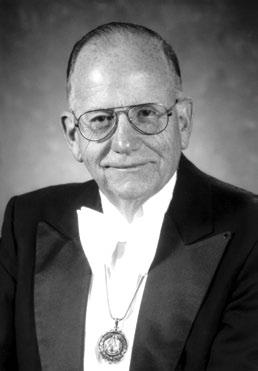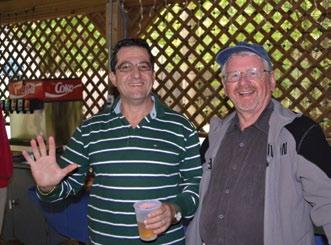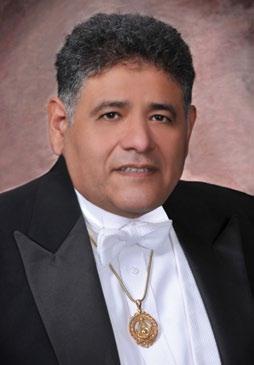the bicentennial gavel
nization lacking adherence to the principal tenets of Freemasonry. We are organized for education; we teach but we do not debate. While it is often stated that many of our country’s Founding Fathers were Masons; it is interesting to note that there were, in fact, members of the Craft who were “Tories” and opposed a political separation from Great Britain. While there is little written record to document the role Masonry played, either directly or indirectly, in the American Revolution, there is no doubt that Masonic philosophy as espoused by the great Enlightenment thinkers is evident in the founding documents of America. Though many of the influential men of the era were Masons, one never hears or reads anything about Masonry taking one side or the other in the war for American independence. Politics was never discussed, just as it should not be today. When politics is made open for discussion, and the purpose for discussion is to convince others of the validity and rightness of one’s own opinion, one necessarily changes the nature of Masonry in the greater community. There is no way to avoid hot button issues; all social issues are hot. A lodge is the place where farmer, banker, grocer and doctor are all equal. Remember, what is the purpose of discussion? It is to sway positions, and then declare what the lodge’s position is. This would go directly against the principals of our Fraternity.
If a lodge takes a stand on a social issue, it’s doing so on behalf of all of its members. It becomes a public statement of position that is open to the whole world. What happens to those brothers who disagree? Then there is the matter of the Master’s right to govern his Lodge. Do we allow the Master to choose the social issues he wants to discuss? A lodge may give money to charity, but it does not take a stand on that charity’s policies. Lodges must carefully select the recipients for its charitable giving. If Worshipful Brother Shapiro wants lively and timely discourse, there are many possible topics pertaining to a lodge and its operation that would make for an outstanding discussion. If a brother wants to engage in debates on social issues in the lodge, let him join an ethical society or some other group where such activities are part of the program. He should not look to Masonry and his lodge as an outlet to discuss and promote his political or social agenda. There are other excellent organizations devoted to such a purpose. The change that is being proposed is just too out-ofbounds to the precepts of our fraternity. Worshipful, if you must discuss social or political issues, take them to your social hall and not to your lodge room. n
The Bicentennial Gavel
I
n the late summer of 2009, the two large American Holly shrubs that flanked the front doors of the D.C. Scottish Rite Center were cut down and two palm trees were planted in their place. A two foot long section of the trunk from one of these holly shrubs was rescued from the rubbish pile by the Grand Lecturer, Right Worshipful Brother Christopher K. “Chip” Mahaney for the express purpose of making a gavel in commemoration of the Bicentennial of the Grand Lodge of the District of Columbia in 2011. After drying the wood for the next twenty months, this gavel was hand made by the Grand Lecturer and presented to the Grand Master in April, 2011. It is intended that this gavel be used to preside over the Semi-Annual, Annual, and Third Communications of the Grand Lodge and then donated to the Grand Lodge Library and Museum. n
The Voice of Freemasonry
23






